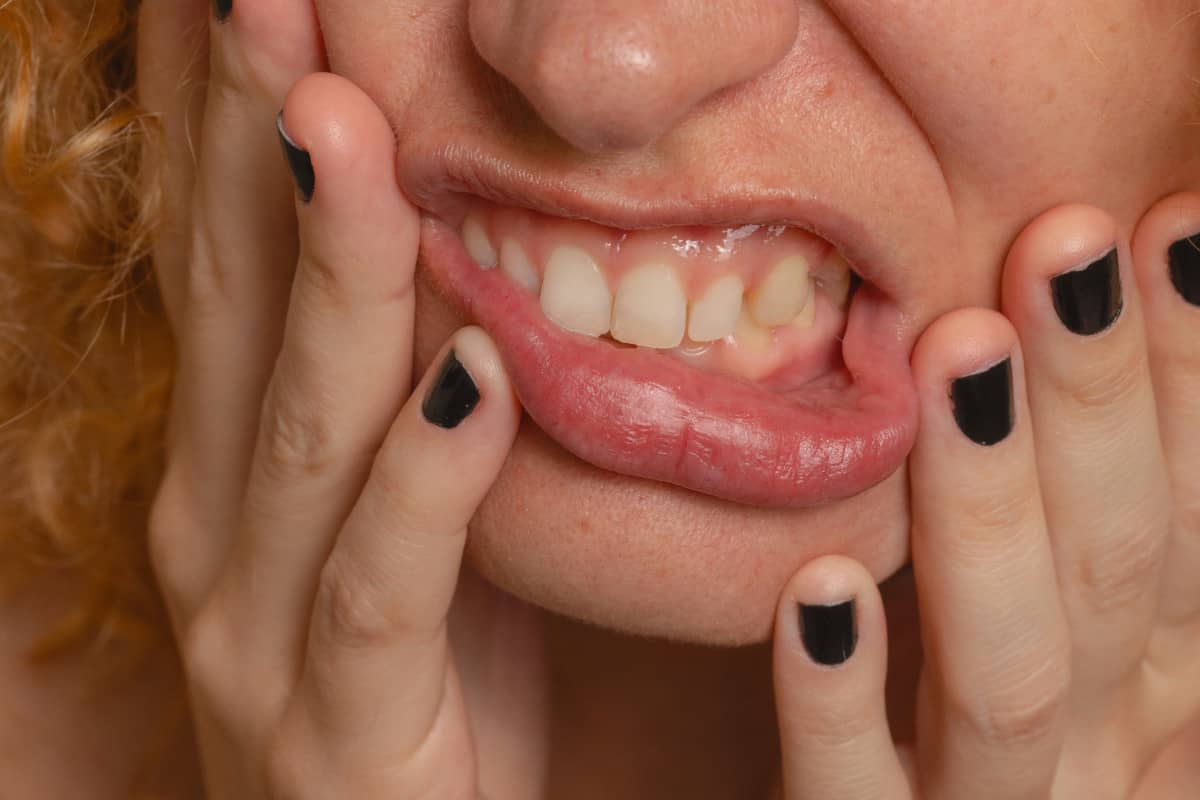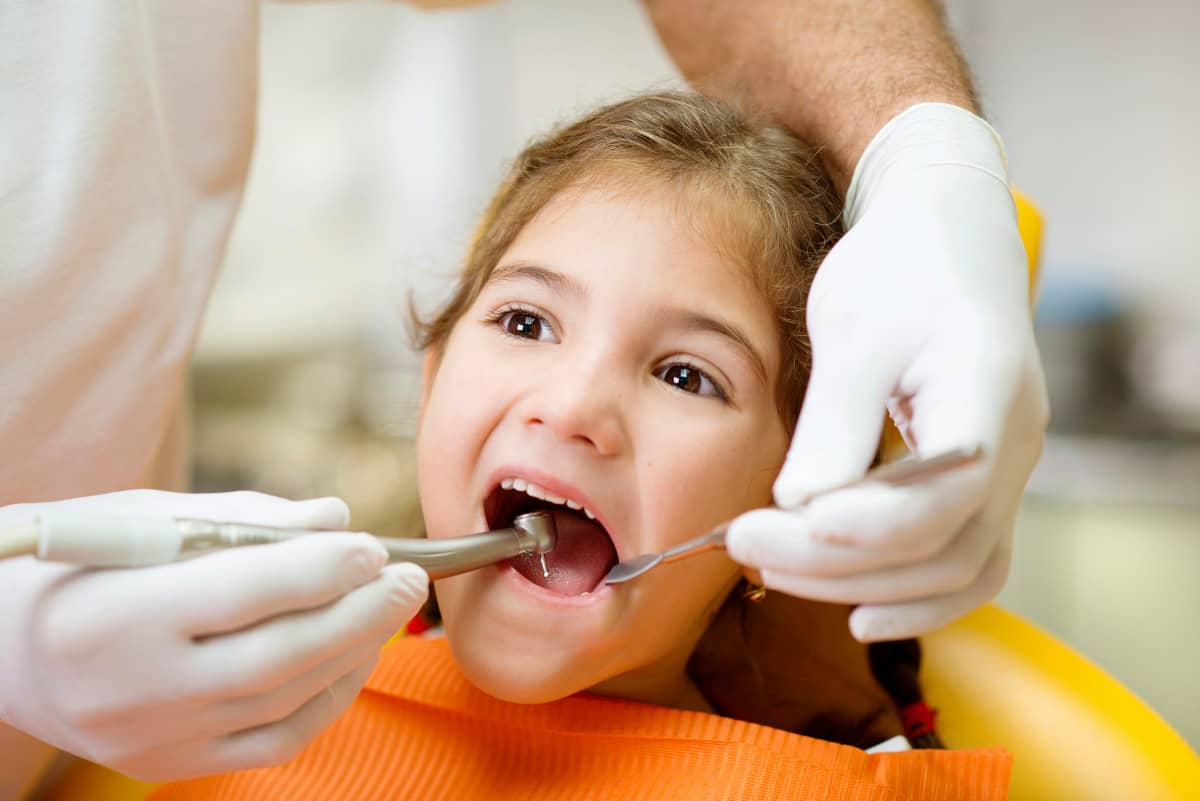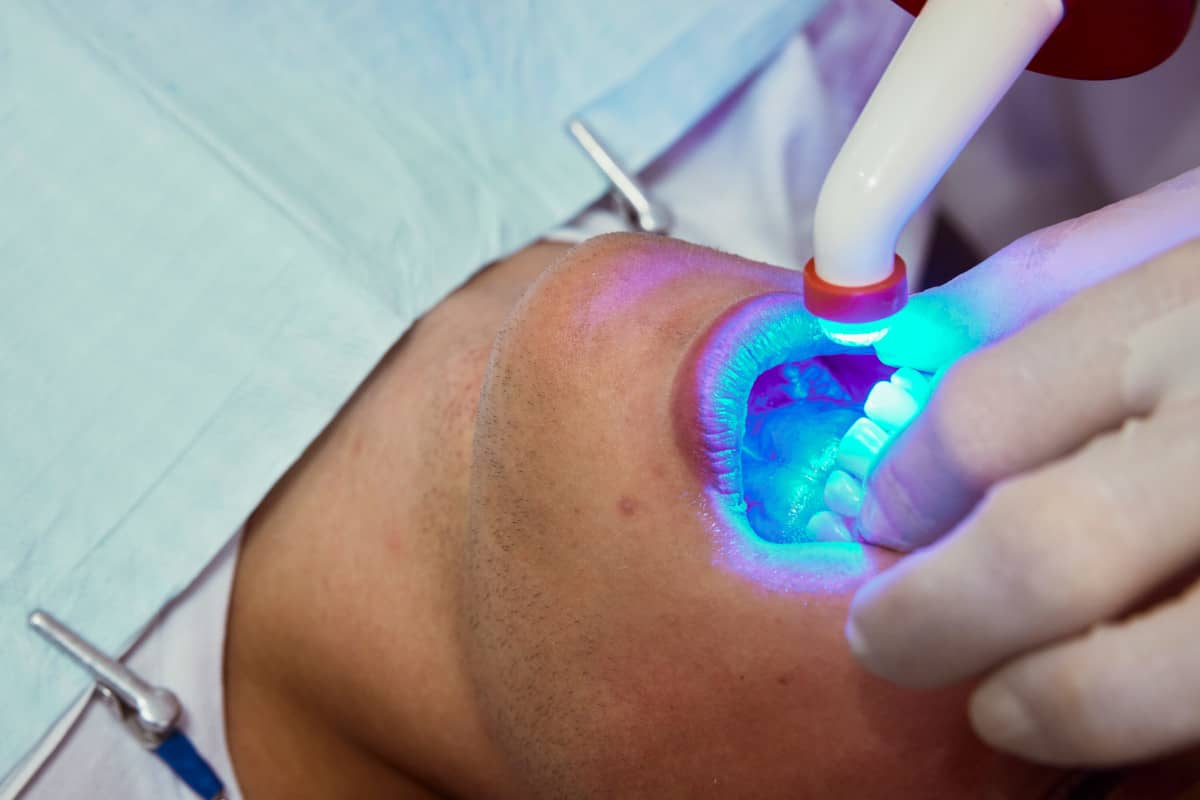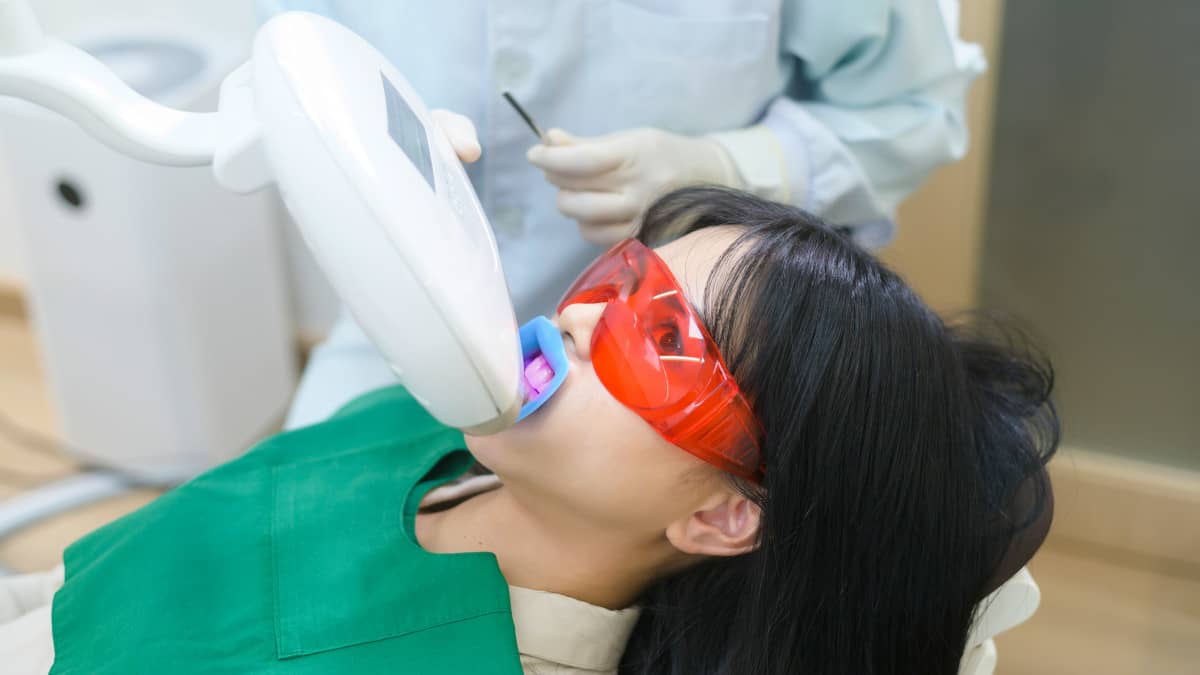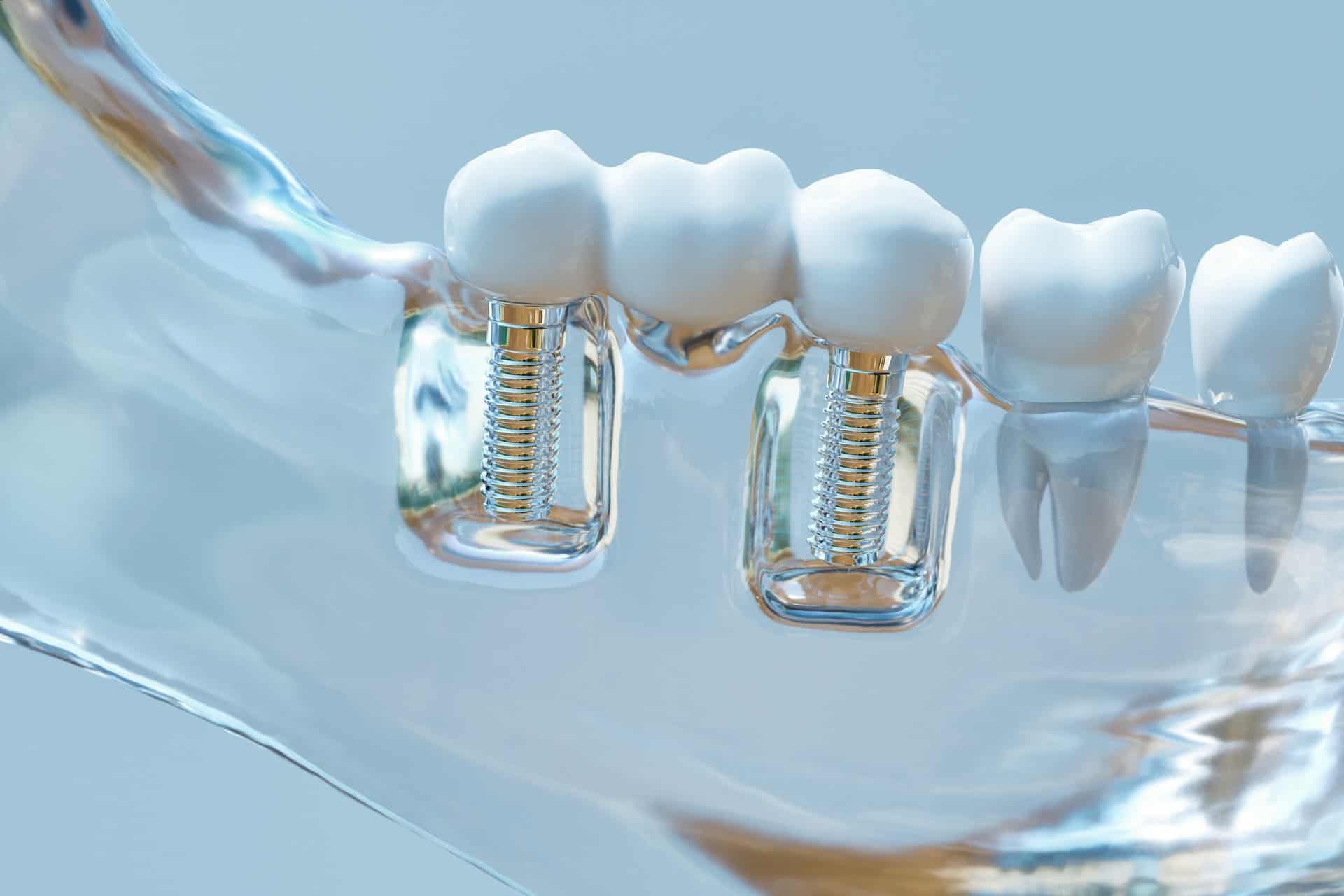
How to clean dental implants?
Knowing the cleaning routine for fixed dental implants is one of the questions our patients ask us once they have completed their treatment. Should implants be cleaned in the same way as natural teeth or is there a different method to follow?
Dental implantology has been an effective, safe and definitive solution to tooth loss but the belief that, as it is made of a non-organic material, it is not affected by lack of hygiene, is erroneous.
If you have problems with any of your dental implants, we recommend that you make an appointment with one of our implantology specialists so that we can help you.
Cleaning fixed dental implants
- The cleaning method.
- The importance of implant quality.
- Consequences of poor hygiene on dental implants.
- Implantology treatments at Clinicas Udemax.
The cleaning method
Natural teeth can last a lifetime as long as proper dental hygiene is maintained and there are no traumas that compromise them. The biggest enemy of our teeth is the bacterial plaque that gives rise to tartar, which in turn destroys the bone that supports the teeth.
The behaviour of dental implants is the same as that of natural teeth, so they can last a lifetime as long as we take the same care of them.
Careful brushing of the prosthesis after every meal and the use of dental floss or interproximal brushes to clean the interdental spaces is the guarantee that we avoid the accumulation of bacterial plaque.
The dental irrigator is a device that emits water under pressure to clean interdental spaces. The water can be mixed with mouthwash for better protection.

Senior performing his dental implant cleaning
The importance of implant quality
Not all dental implants are the same. As in so many other things, there are different qualities which, on many occasions, justify the differences in cost.
A very important characteristic when it comes to their cleanliness is what is known as the gap.
The gap is the size of the space between the implant and the socket wall (the socket is the hollow in the gum into which the implant is inserted). The materials used to manufacture the best implants reduce or eliminate the gap (in what is called a zero gap) to prevent food debris and bacterial growth in the future.
Consequences of poor hygiene in dental implants
Just as with natural teeth, poor dental hygiene can lead to
- Acid attacks the supporting boneandcan affect the stability of dental implants.
- Peri-implantitis is a serious inflammation affecting the alveolar bone supporting the implant. If it is not detected and treated in time, it will lead to the loss of the implant.
- Failure of the dental implant.
Dental implant failure, also called “implant rejection“, occurs for three main reasons: smoking, bruxism and peri-implantitis. Limiting or eliminating smoking, the use of dental splints, proper dental hygiene and a check-up by your dentist will ensure the survival of the implant for many years.
Maintenance of dental implants
In addition to proper dental hygiene, implants are devices that require regular maintenance.
- of the dental implant, to detect problems such as mucositis (inflammation of the tissues surrounding the implant) or peri-implantitis. The dentist can even remove fixed prostheses to better clean dental implants and check the condition of the gum and bone.
- From prostheses, to control the correct arrangement of the screws and their possible loosening. If this occurs, the screw may fracture inside the dental implant due to the mobility of the prosthesis.
Implantology at Clinicas Udemax
Make an appointment at Clinicas Udemax and choose the location that best suits you: Udemax in the outpatient clinics of Policlínica Juaneda, in Arcdental or in Emardental, your clinic in the centre of Palma. For more information, call us on .

